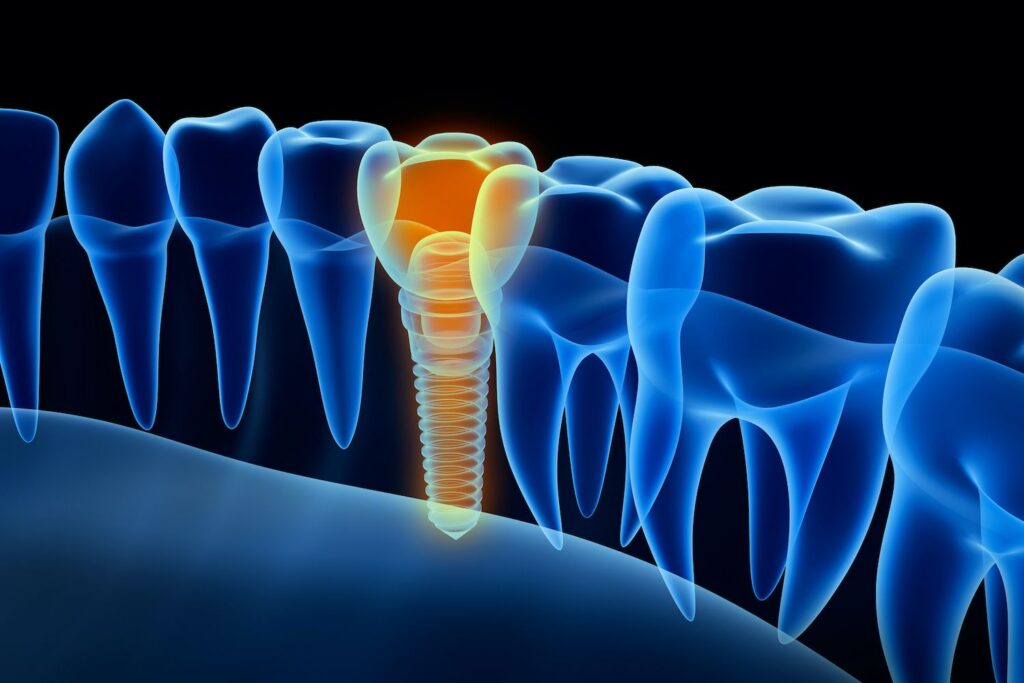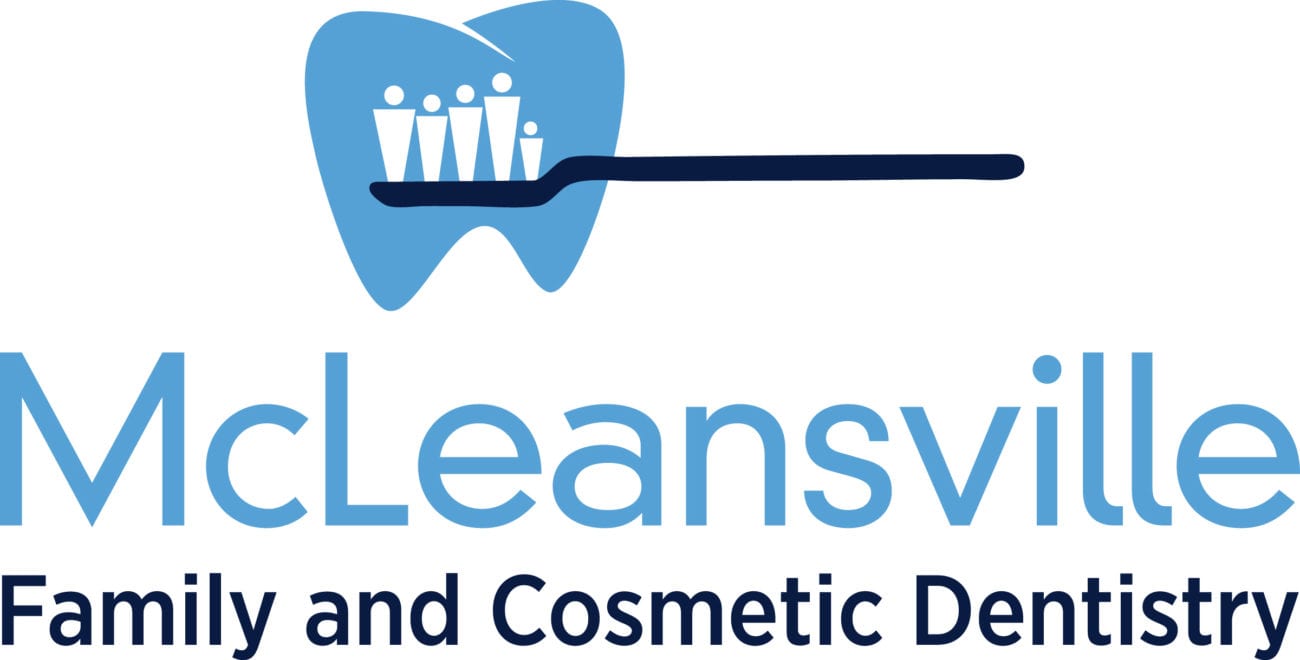You can obtain comprehensive and highly effective replacements for missing teeth through dental implants. This restorative dental solution uses a titanium post anchor surgically placed in the jaw to support prosthetic teeth in order to restore your smile after tooth loss.
Though the benefits of this dental treatment are clear, you will still need to take care of your smile after receiving implants. Though rare, an implant might fail. If this occurs, the fixture might feel loose, and you can notice swelling and severe pain.
This is considered a dental emergency that will require urgent dental intervention and will likely result in the removal of the implant. Discuss aftercare with your dentist to avoid this incident. Read on to find advice for preserving your dental implants so that they can function as successfully as possible.

How to Prevent Dental Implant Failure
Adhere to Aftercare Guidelines from Your Dentist
Implant dentistry involves multiple steps that will need three or more visits to your dentist’s office to complete over the course of several months. To ensure your dental implant placement occurs properly, make sure you follow aftercare instructions from your dentist after each appointment.
Your first visit will involve a consultation to confirm you are eligible to receive implants. The dentist will not proceed with this treatment if you do not have enough healthy gum tissue or jawbone to sustain an implant.
Then you will have oral surgery to insert the anchor of the implant into the jaw. This will take several months to heal and fuse into place. During this time, your dentist will give you pain management tactics to remain comfortable.
If you feel severe pain or other symptoms that do not respond to these tactics, call your dentist. These symptoms could mean that the implant is failing and that you will need urgent treatment.
After the surgical sites heal, you will receive the prosthetic teeth attached to the anchors. This step involves less invasiveness, but you should still adhere to the guidelines your dentist will provide you. Attend any follow-up visits as directed too to get the most out of your treatment.
Continue Proper Oral Hygiene Habits
Your dentist will give you oral health care advice relevant to your dental implants. But to maximize the success of this treatment, you should also adhere to good oral hygiene habits. This will mean brushing your teeth at least twice a day, flossing each day, and attending routine teeth cleanings at your dentist’s office.
Implants resist staining and decay, but dental concerns like cavities and gum disease can affect your surrounding natural teeth. The damage these problems can create can disrupt the fit of your implant.
So continue healthy oral habits to keep these issues at bay and preserve your dental work. And steer clear of harmful behaviors like smoking that may lead to oral health problems that might hurt your smile and your implants. Let your dentist know about any concerns as soon as you can.
